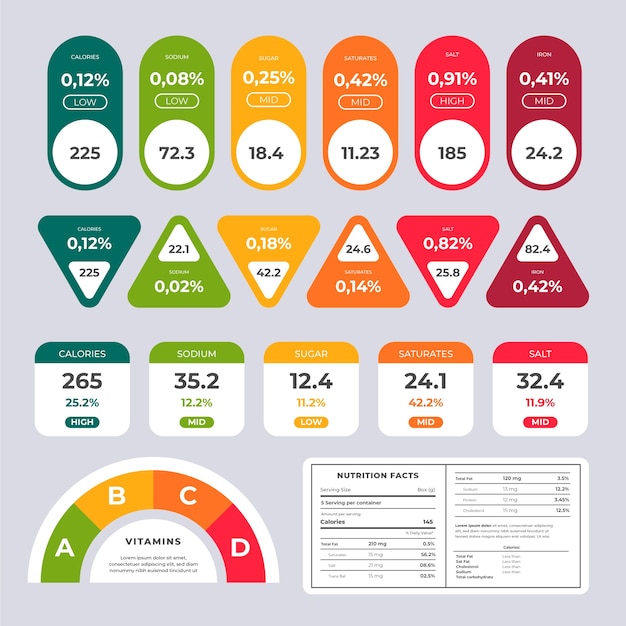The Nutritional Value of Balsamic Vinegar – Unveiling the Facts

Balsamic vinegar is a deliciously tangy addition to any salad.
Did you know that balsamic vinegar is made from grapes?
Balsamic vinegar is a versatile ingredient that can be used in both sweet and savory dishes.
It’s not just olive oil that’s good for you – balsamic vinegar has its fair share of health benefits too!
Balsamic vinegar contains antioxidants that can help protect your cells from damage.
A drizzle of balsamic vinegar on roasted vegetables can add a burst of flavor.
Balsamic vinegar is a low-calorie dressing option for those watching their weight.
The acidity of balsamic vinegar can help aid digestion.
Balsamic vinegar can be a delicious marinade for meats and seafood.
Feeling a bit under the weather? Try a warm cup of balsamic vinegar mixed with honey for a soothing drink.
Balsamic vinegar can help regulate blood sugar levels.
Did you know that balsamic vinegar can help reduce inflammation in the body?
Splash a little balsamic vinegar on fresh strawberries for a unique and tasty dessert.
Balsamic vinegar is a natural source of probiotics, which are good for gut health.
Adding balsamic vinegar to your diet can help improve your immune system.
Want to add some zest to your morning routine? Mix balsamic vinegar and lemon juice for a refreshing drink.
Balsamic vinegar is a great source of iron, which is essential for carrying oxygen through the body.
The Nutritional Value of Balsamic Vinegar – Unveiling the Facts part 2
Use balsamic vinegar as a healthy alternative to sugary salad dressings.
Balsamic vinegar can help reduce cholesterol levels.
Did you know that balsamic vinegar can help improve the appearance of skin?
Sprinkle a few drops of balsamic vinegar on grilled peaches for a delightful summer treat.
Balsamic vinegar can help improve digestion by stimulating the production of digestive enzymes.
Want to make a delicious glaze for your roasted chicken? Try balsamic vinegar mixed with a touch of honey.
Balsamic vinegar is a natural remedy for heartburn and acid reflux.
The antioxidants in balsamic vinegar can help slow down the aging process.
Balsamic vinegar can be used as a natural cleaning solution for fruits and vegetables.
Mixing balsamic vinegar with olive oil creates a simple and tasty vinaigrette for salads.
Balsamic vinegar is a great way to add a burst of flavor to roasted potatoes.
Make a refreshing spritzer by mixing balsamic vinegar with sparkling water and fresh herbs.
Balsamic vinegar can be used as a natural remedy for dandruff.
Use balsamic vinegar to deglaze a pan and create a flavorful sauce for grilled meats.
Balsamic vinegar is an excellent source of potassium, which is essential for maintaining proper heart health.
Drizzle a little balsamic vinegar on grilled cheese sandwiches for a gourmet twist.
Balsamic vinegar can help improve circulation and reduce the risk of blood clots.
Use balsamic vinegar to marinate fresh fruits for a unique and delicious dessert.
Balsamic vinegar can help regulate blood pressure levels.
Feeling bloated? Try adding a teaspoon of balsamic vinegar to a glass of water for a natural remedy.
Balsamic vinegar is a great addition to homemade marinades for grilled vegetables.
Mix balsamic vinegar with a touch of honey and mustard for a flavorful salad dressing.
Balsamic vinegar can help increase the absorption of nutrients in the body.
Use balsamic vinegar as a flavorful glaze for grilled salmon or other fatty fish.
Balsamic vinegar can help reduce the risk of heart disease.
Make a refreshing and tangy fruit salsa by combining diced tomatoes, strawberries, and balsamic vinegar.
Balsamic vinegar can help improve bone health due to its calcium content.
Drizzle balsamic vinegar on watermelon for a surprising and delicious flavor combination.